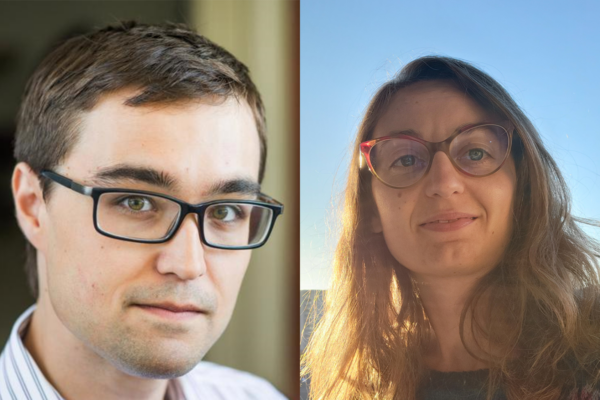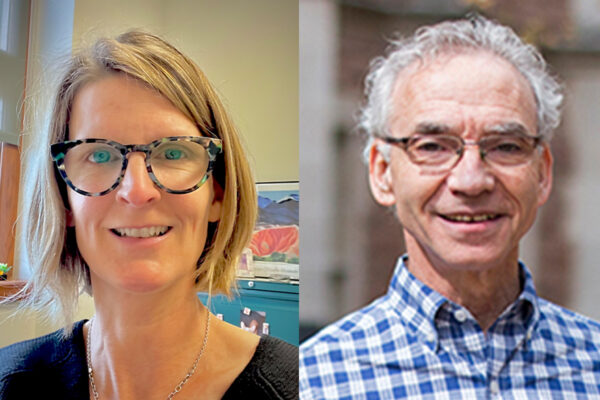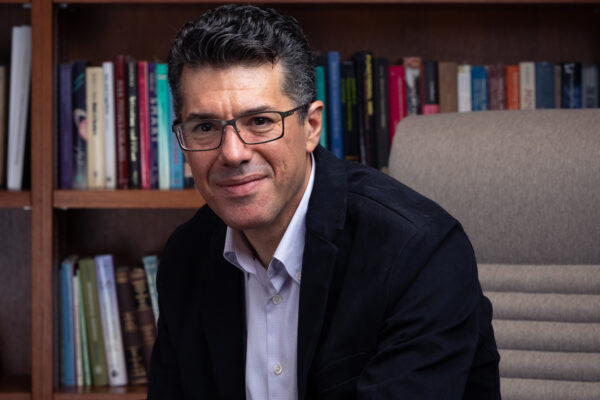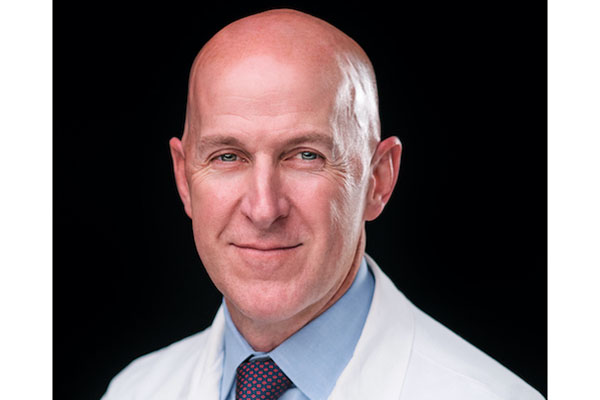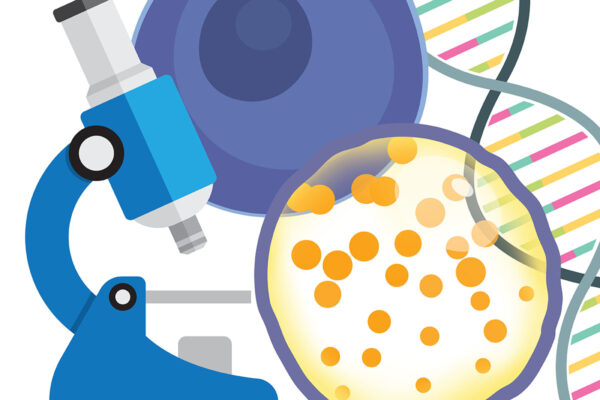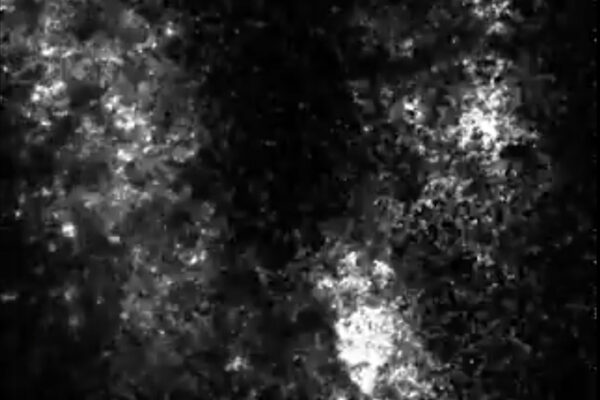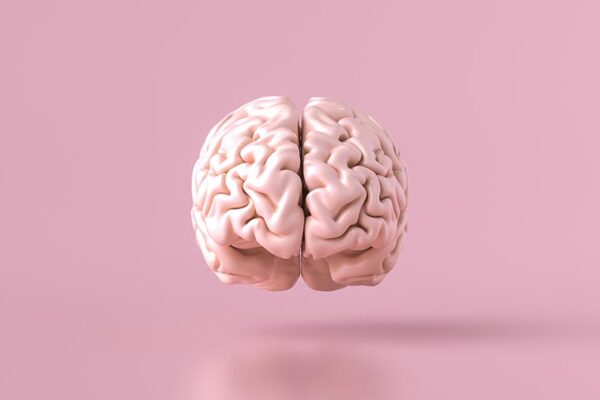Two WashU faculty awarded Sloan Research Fellowships
Two early-career Washington University faculty members have been awarded a prestigious Sloan Research Fellowship: psychologist Zachariah Reagh, in Arts & Sciences, and neuroscientist Gaia Tavoni, at the School of Medicine.
WashU faculty named to psychologist society
Two Washington University professors — Julie Bugg and Leonard Green — have been named fellows of the Society of Experimental Psychologists.
Zacks named president of brain sciences organization
Jeffrey Zacks, the Edgar James Swift Professor in Arts & Sciences and a professor of radiology at the School of Medicine, has begun a two-year term as president of the Federation of Associations in Behavioral and Brain Sciences.
Newly opened Jeffrey T. Fort Neuroscience Research Building dedicated
One of the world’s largest neuroscience research buildings was dedicated Jan. 18 on the Medical Campus. The 11-story building is named the Jeffrey T. Fort Neuroscience Research Building, in recognition of a gift from Fort, a longtime university supporter.
Zipfel receives Dacey award for cerebrovascular research
Gregory J. Zipfel, MD, head of the Department of Neurosurgery at the School of Medicine, has been awarded the Ralph G. Dacey Jr., MD, Medal for Outstanding Cerebrovascular Research.
Why do we sleep? Researchers propose an answer to this age-old question
Sleep helps restore the brain’s operating system to a critical state, according to new findings from biology and physics researchers in Arts & Sciences.
$8 million awarded to study root causes of brain cell death in fatal pediatric diseases
A large, multidisciplinary team at the School of Medicine has received a grant from the National Institutes of Health (NIH) to tackle complex problems in neuroscience.
How do developing brains assemble and organize themselves?
Researchers led by the School of Medicine’s Linda J. Richards published a study describing some of the earliest events in brain development. The findings lay the groundwork for understanding the roots of brain conditions such as epilepsy, autism and intellectual disability.
Ackerman named a 2023 Klingenstein-Simons fellow
Sarah Ackerman, an assistant professor of pathology and immunology at the School of Medicine, has received a 2023 Klingenstein-Simons Fellowship Award in Neuroscience.
Fast ‘yes’ better for brain than slow ‘no’
Research from mechanical engineers Ruth Okamoto and Philip Bayly at the McKelvey School of Engineering finds that the brain’s vulnerability to head motion depends on the direction and frequency, not just impact strength.
Older Stories
